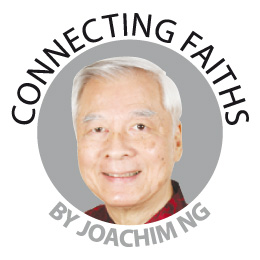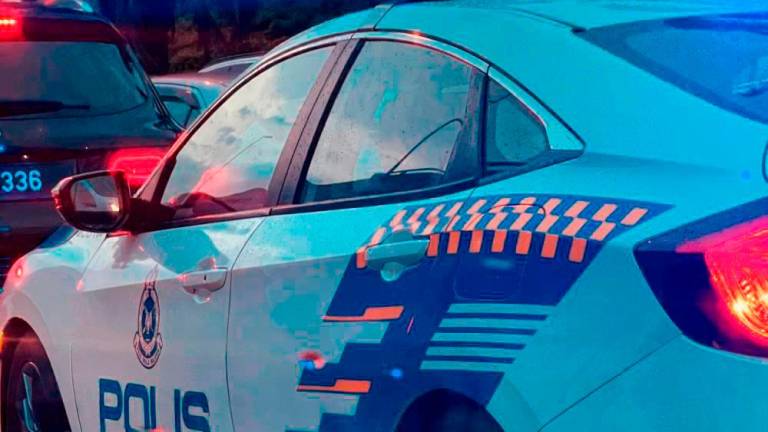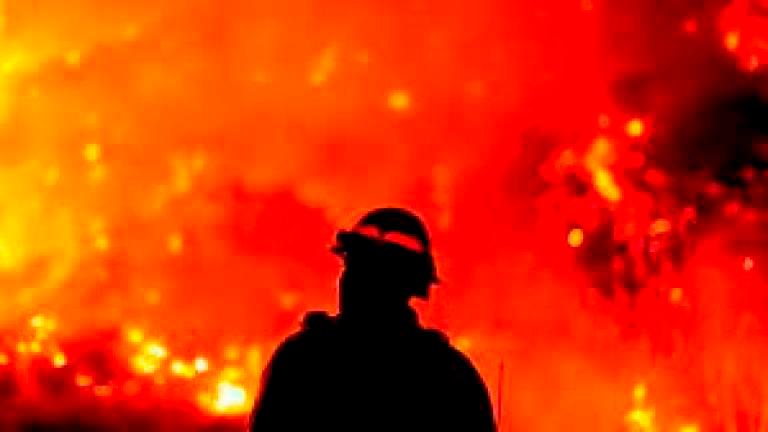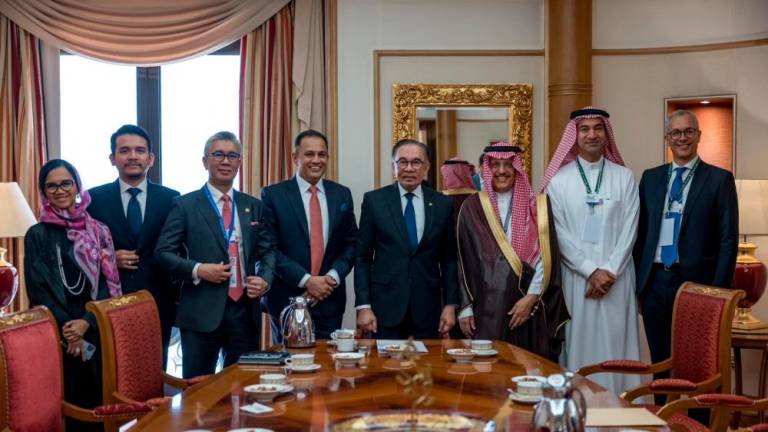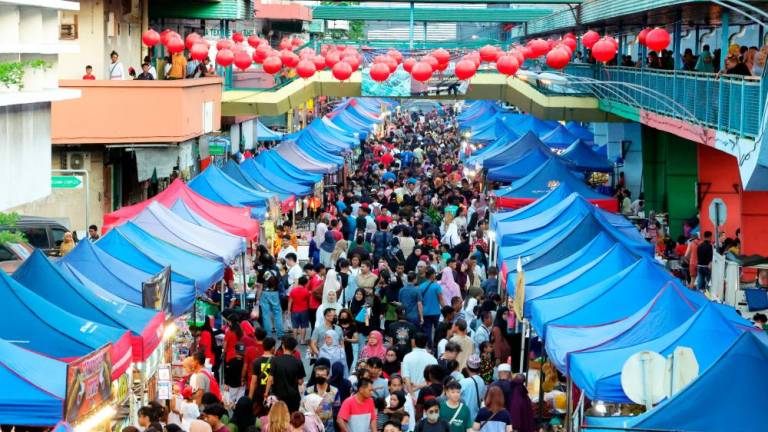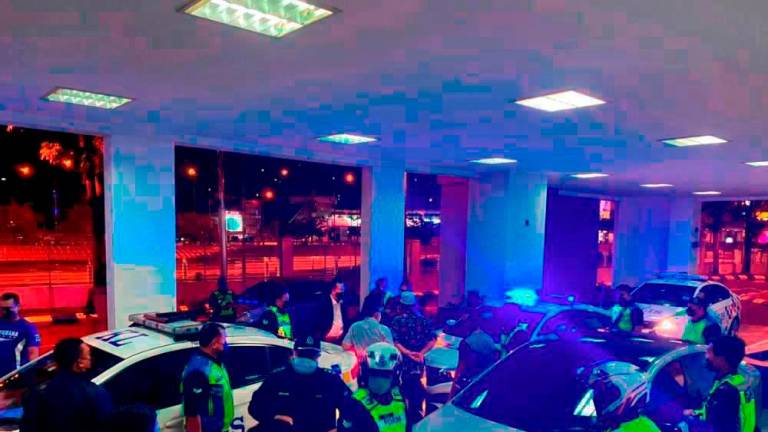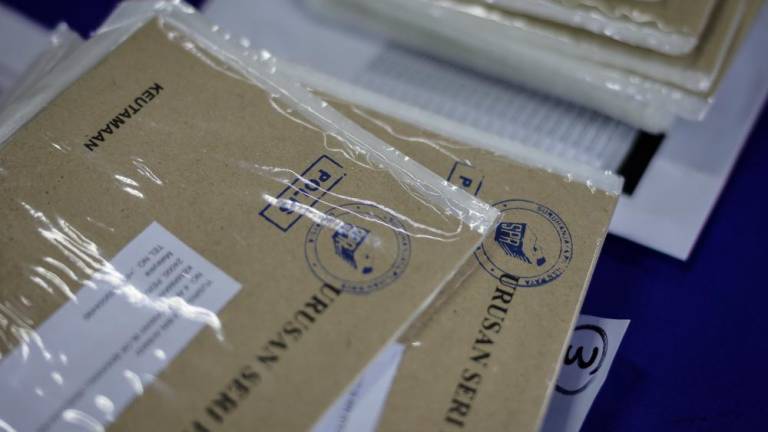TENGKU Razaleigh Hamzah may be the first parliamentarian to acknowledge the need for a holistic integrated approach that includes “protecting nature and environment” to deal with Covid-19.
Although his concession to nature was limited to just four words in a recent delivery, it is still welcome.
SARS-CoV-2, the virus behind Covid-19, is not a cruel invader but a war refugee driven from its natural home, the forest habitat that humanity destroyed.
It’s the third coronavirus to jump from animals to humans, following the path of SARS in 2003 and MERS in 2012.
Some virologists were originally confident that it would be another 10 years before we get hit again. But that confidence has been eroded by fear that SARS-CoV-2 may relocate to animals and later jump back to humans.
Other coronaviruses freshly emerging from the wild may take a route through livestock before landing on humans.
“Farmed animals, with which humans have greater contact than with wildlife, may act as the source for important pandemic viruses,” says James Wood, head of the department of veterinary medicine at Cambridge University.
Since 2012 the pace of forest devastation has quickened and the slaughter of terrestrial livestock is at an all-time high of 200 million animals a day, potentially heralding a much earlier visitation by the next Covid.
The animals in descending order by volume of slaughter are chickens, ducks, pigs, rabbits, geese, turkeys, sheep, goats, and cattle. Add 140 pangolins a day, and dogs too.
It’s not talked about, but we have reached a pivotal moment. Covid-19 is pushing us to make a choice between lives and livelihood, animal lives versus the jobs of one billion people involved in the rearing, processing, distribution and sale of livestock meat as well as bush meat.
What is the relationship between animals and humans? We are schooled to believe that God made animals for human pleasure and the ritual sacrifice of animals serves as confirmation.
One of the first records of animal sacrifice is the biblical Cain and Abel story. Cain brought an offering of the fruit of the ground while Abel placed the fat portions of the firstlings of his flock. God takes the fat and rejects the fig.
The story has deep sociopolitical meaning: animal herders symbolised by Abel had risen in status above crop farmers symbolised by Cain. Meat was favoured over wheat, and herders gained more land for their herds than farmers.
The story brings God into the picture to justify the dominance that cattlemen had attained. It’s a poignant conflict still going on today: should land be devoted to crops or to cattle?
Agriculture provided the backdrop for another bloody practice mentioned in scripture: child sacrifice.
Here again, stories bring God into the picture to justify the ritual slaughter of children at the altar. God tells Abraham to sacrifice his son as a burnt offering, but just as he is about to plunge in the knife an angel tells him to stop and directs his attention to a ram that is then sacrificed instead.
Child sacrifice was a universal practice in early civilisation from America to China, as the blood of a virgin child sprinkled on the ground would fertilise the earth while his cries would bring down the rain so essential for herders and farmers.
The pivotal moment came when societies abandoned the practice of child sacrifice, and placed full confidence in the ritual of animal sacrifice, a turning point that the Abraham story symbolises.
Since that time, we have depended on animal sacrifice to provide us with jobs, proteins, and cures. But every practice has its moment in time beyond which, if carried on, it brings disaster. We are standing at that pivotal time.
Are we more valuable than animals? From our viewpoint, yes. But it is not the viewpoint of nature.
During the global lockdown, wild animals ventured to reclaim territory lost to humans. This indicates that nature can do without humans, and may even prefer that we are no longer around. If the real-life evidence isn’t convincing, scripture tells us that God is impartial to our fate.
The Tao Te Ching says unemotionally: “Heaven and Earth are impartial; they regard all things as straw dogs” (ch5, v1). Farmers in that era made straw dogs from dried grass and put them up on poles in the rice fields to scare away the birds. After harvest, the straw dogs are thrown away.
Jesus made some revealing comments about the complete impartiality of God: “But I say to you, Love your enemies and pray for those who persecute you, so that you may be children of your Father in heaven; for he makes his sun rise on the evil and on the good, and sends rain on the righteous and on the unrighteous” (Matthew 5: 44).
In a future article, we will discuss flesh meat versus lab meat.
The writer champions interfaith harmony. Comments: letters@thesundaily.com




